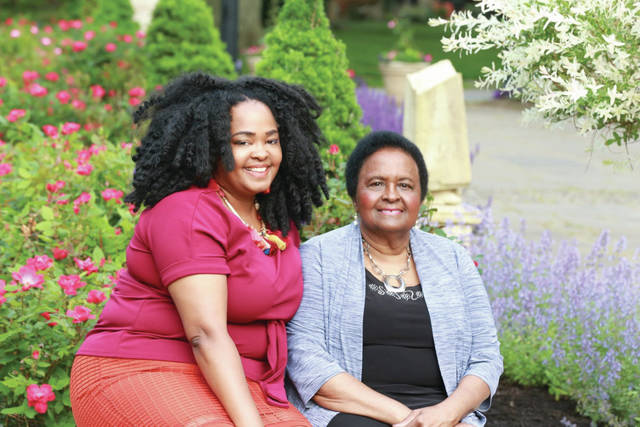
COLUMBUS — State Rep. Stephanie Howse remembers the series of odd behaviors that kept raising questions about her mother: potato chips in the freezer; her mother visiting a friend and couldn’t find her way back to the highway; a personality shift that was uncharacteristic.
An only child, Howse, D-Cleveland, talked with her mom.
“‘There’s nothing wrong with me, everybody forgets stuff,’” she remembers her mother saying.
“(I thought), I am not just going to stand by and see something going on with my mom and not intervene,” she said.
Since the time that Howse learned her mother, Annie L. Key, had mild cognitive impairment and now vascular dementia, she has dealt with hiring in-home care, financial struggles, placement of her mother in an assisted living facility, stress. Being a dementia caregiver is a lot. Add to that the fact that Alzheimer’s disease and dementia are not discussed openly in the African American community and that contributes to isolation.
On June 24, the Alzheimer’s Association is hosting a free statewide virtual forum called “Empowering African Americans in Navigating Dementia Care.” With one in three seniors dying of Alzheimer’s or another dementia and African Americans being twice as likely to get Alzheimer’s or dementia than white individuals, being a caregiver is something more African Americans face.
“We know that when caregivers are armed with education about the disease, support and a good care plan it helps them and their loved one,” said Melissa Dever, program director for the Alzheimer’s Association. “We are intentionally reaching out to provide practical tips on recognizing the disease, obtaining a diagnosis and navigating care needs after a diagnosis.”
To register for the caregivers’ forum, people can call the Alzheimer’s Association’s 24/7 Helpline at 800-272-3900. At the event, participants will hear from a physician who specializes in geriatric medicine, a caregiver, and the managing ombudsman of Pro Seniors, which helps seniors with long-term care and legal issues.
Part of the discussion will be how to know the difference between Medicare and Medicaid benefits when considering home care options and long-term care needs.
“As a black caregiver, the financial pressure that has been put on me at times, it is only God for real,” Howse said.
She said at her mother’s facility, she had to use the family’s funds to pay for two years before her mother became eligible for Medicaid.
“We’ve got to have some real conversations on financial planning,” Howse said.
The Alzheimer’s Association offers free education programs on that and other topics.


